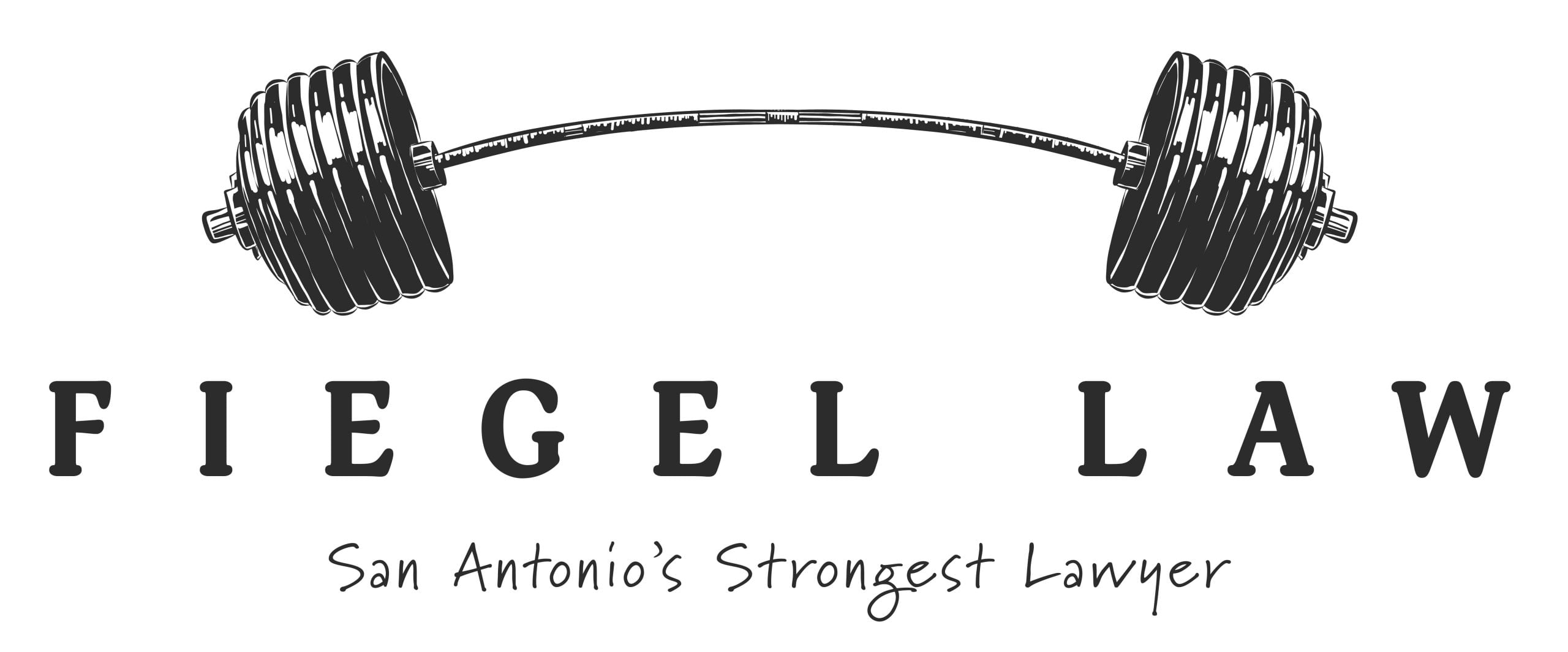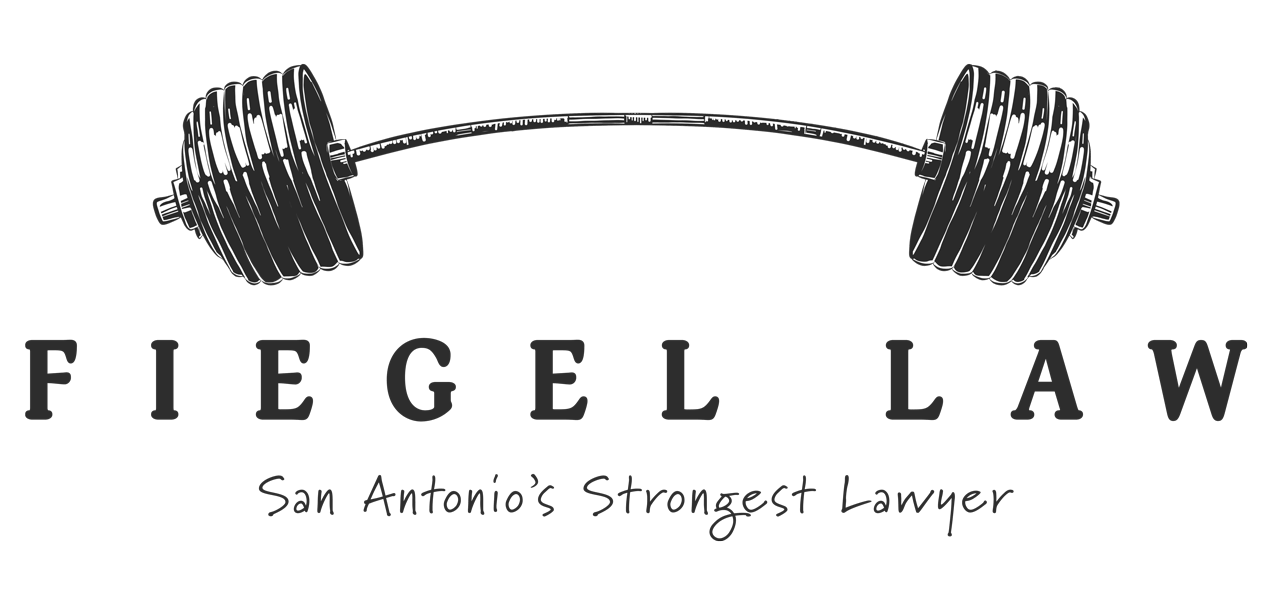What to Do if You’re Pulled Over and the Officer Believes you were Drinking?
You’re driving home from the restaurant or bar. You see the flashing lights. You gulp. You were careful. You only had two drinks. You know you were safe. You know you’re fine. You’re sure if you just explain everything to the officer then you’re good…right?
The officer pulls you over. Asks where you were. You answer honestly. Now the officer decides that ‘they smell alcohol on your breath’ and just want to do some tests to ‘make sure you’re safe to drive home.’ They tell you to get out of the car. You comply, answer more questions, then do their tests that don’t seem to make any sense. You’re good right? Nope. The officer says, ‘please turn around.’ They cuff you and you’re arrested.
WHAT WENT WRONG!
Unfortunately, the officer was misleading you the entire time. They never intended to ‘let you go’ or ‘make sure your were safe to drive.’ It was a charade. They were building justification to arrest you for DWI.
So what do you do???
First, let’s clarify something. It is NOT illegal to drink and drive. What? It is NOT ILLEGAL TO DRINK AND DRIVE. It is illegal to ‘Drive While Intoxicated.’ What’s the difference? Intoxication is defined in Texas as one of three things;
(A) not having the normal use of mental or physical faculties by reason of the introduction of alcohol, a controlled substance, a drug, a dangerous drug, a combination of two or more of those substances, or any other substance into the body; or
(B) having an alcohol concentration of 0.08 or more.
What is ‘normal use?’ The law doesn’t define it. However, it does define the .8 alcohol concentration. So, depending on your size, how much you’ve drank in a night, what you’ve eaten, the pace of drinking, your metabolism, your tolerance, you could have a wide range of alcohol consumption before it affects ‘the normal use of your physical or mental faculties.’
So, if you’ve gone out and had a couple beers with your friends, and your BAC is under .08, you aren’t breaking the law. Sadly, you still need to be scared.
What went wrong in our story? Well, the answer is simple. Officers are not looking to help you. You need to assume they’re looking to make the arrest.
WHAT NOT TO DO IF PULLED OVER?
1. DON’T ANSWER QUESTIONS
First, don’t answer questions. You do not have to. Period. They are just seeking free information.
“Where are you coming from?”
I respectfully decline to answer.
“Where are you going?”
I respectfully decline to answer.
“Have you been drinking?”
I respectfully decline to answer.
You do not have to answer questions. All you are required to do is show your ID, proof of insurance, and get out of the car if they ask.
2. DON’T DO FIELD SOBRIETY TESTS
The fallacies and pseudo/bogus science of field sobriety tests and how they’re applied is worth its own article altogether. However, whether they’re effective or not, you are NOT required to do them. The officer may say things like, “if you pass these I’ll let you go,” or “I’m just trying to make sure you’re safe.” I urge you to not trust this. The tests are designed to fail and are at the discretion of the officer.
There are three standard tests they will likely try to force you to do.
First, is the ‘walk and turn.’ Basically, the officer will spit out 100 words of instructions on a crowded highway with lights flashing as you’re nervous. Then ask you to do exactly what he/she said or did. If you don’t repeat it exactly they’ll say ‘that’s a sign of intoxication.’ Its bogus. But what’s great is your don’t have to do it.
Second is the ‘one legged stand.’ Suffice it to say, fully sober people can struggle to stand on one leg. Just being tired or having worked out that day or not being in great shape or wearing heels can cause it. But lose your balance once, or ‘not follow instructions’ and now you’re magically intoxicated. DON’T DO THE TEST.
Third will be the HGN or ‘horizontal gaze nystagmus’ test. This is where the officer allegedly tracks your eye movement and can supposedly tell by the involuntary twitch in your eye if you’re intoxicated. Again, its bunk science and you shouldn’t do it.
Sometimes the officers will ask for non-official tests and try to make you recite the alphabet backwards or something. Don’t do any of them.
3. DON’T BLOW OR GIVE YOUR BLOOD WITHOUT A BLOOD WARRANT
The officer may tell you, ‘just give us a breath sample, if you pass I’ll let you go.’ They won’t. Those machines are not accurate. Also, if you try to blow and there’s a malfunction or you struggle to push enough air through, they may say that is a ‘sign of intoxication.’ I hope you’re sensing a theme.
There is no such thing as ‘no refusal’ or ‘no refusal weekends.’ The only difference between taking the breath test or not taking the breath test is how long your license may be suspended for the arrest. Remember, you’re already getting arrested. If you refuse it’s a 180 day suspension. If you don’t, it’s 90 days. Also know, you can get an occupational driver’s license so it doesn’t matter how long the suspension is.
Blood is the same. You don’t have to give it until they get a warrant. To get a warrant, the officer must write a detailed affidavit that gives ‘specific articulable facts’ as to what justifies the officer’s sticking a needle in your arm and pulling your blood. If you haven’t answered questions or done any field sobriety tests, it gets harder and harder to articulate said ‘facts.’ Even if a judge signs the warrant and takes your blood at that point. One, now it’s been much longer and the alcohol continues to process out of your system. And two, there’s a better chance that warrant and blood result can be thrown out later.
ACCEPT THAT IF THE OFFICER AT ANY POINT SUSPECTED YOU WERE DRINKING, YOU’RE PROBABLY GOING TO BE ARRESTED
This is unfortunate because you want to trust the officer. You want to trust the system. But the reality is that from the second the officer decided in their brain they thought they had you drinking, they were arresting you no matter what happens next. As such, your thoughts need to be on winning your court case and not getting away from the situation that night. That’s why not answering questions or doing the field sobriety tests is so important. You need to focus on the criminal case ahead, not focus on trying to stop the arrest. Once you accept that, you’ll make better decisions that night and help your lawyer give you the best chance to beat your DWI case in court.









